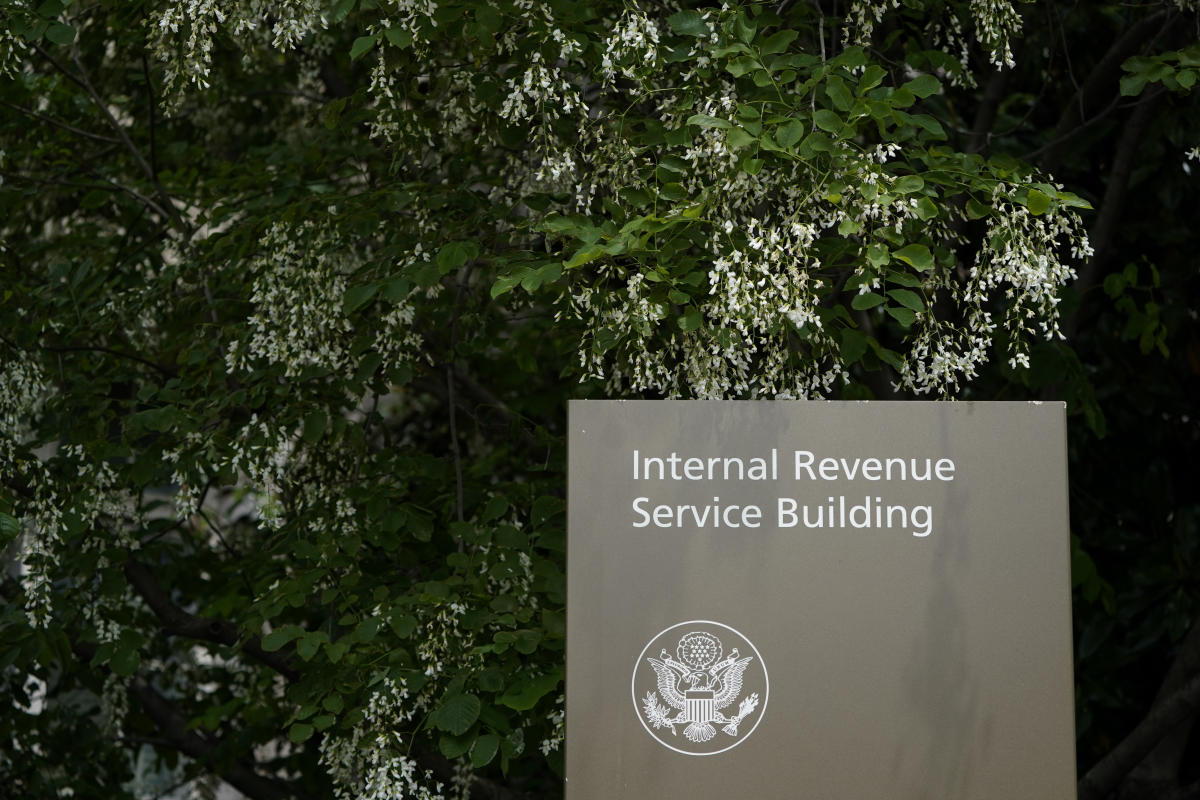Getty Images
Michigan continues to fall behind when it comes to the well-being of its children, edging into the bottom third of states.
That’s the main takeaway from the 2024 Kids Count Data Book from the Annie E. Casey Foundation. Now in its 35th year, the 50-state report of recent household data analyzes 16 indicators in four domains — economic well-being, education, health, and family and community factors — and then ranks the states according to how children are faring overall.
And the latest data says that post-pandemic they aren’t faring all that well as Michigan ranks 34th in the nation when it comes to overall child well-being, slipping two spots from the 2023 report.
But according to Anne Kuhnen, the Kids Count policy director for the Michigan League for Public Policy (MLPP), the most alarming numbers concerned education, where Michigan ranked 41 out of 50 based on the most recent school year data available (2021-22). It was Michigan’s worst ranking.
“We have fewer than half of 3 and 4-year-olds in preschool, just 1 in 1 fourth graders is proficient in reading, the same with eighth-grade math,” she told the Michigan Advance. “I think one area that’s a concerning decline is when we look at the share of high school students who are not graduating on time. We’ve had improvements in this area for basically a decade, so it’s disappointing to see that worsen.”
Specifically, 1 in 5 Michigan students did not complete high school on time, while 72% percent of fourth graders scored below proficient in reading in 2022 — up 6% from 2019 — while 75% of eighth graders scored below proficient in math in 2022 — up 9% from 2019.
Adding to that is a 40% chronic school absenteeism rate, with over half a million Michigan students chronically absent in the 2021-22 school year, well above the national rate of 30%. And if that wasn’t bad enough, there were significant disparities by race, with more than half of American Indian and Black children chronically absent.
Monique Stanton, MLPP president and CEO, said as bad as those statistics are, they really shouldn’t be a surprise considering that school absence is linked to childhood poverty and trauma.
“Here in Michigan, 18% of our state’s children are living in poverty, which is slightly above the national average, and nearly half of our state’s kids have gone through at least one adverse childhood experience,” said Stanton. “These findings underscore the importance of strengthening Michigan families and mitigating childhood poverty through bold state policy decisions, so that all of our kids have the solid foundations they need to be present and successful in their classrooms.”
But Kuhnen says the report wasn’t all bad news. Michigan’s best ranking was, once again, in health at 22, actually moving up from 26 last year.
“The big reason for that, the big indicator that is telling us that child health is maybe a bit of a highlight, is the low number of children who are lacking health insurance,” she said. “In Michigan, only 3% of all kids are without health insurance, and that’s amongst the best in the country.”
Another positive trend that has continued to move in the right direction is teen births, which Kuhnen says have been declining for the past 15 years.
“That’s really positive because we know how hard that can be both for infants, but also for pregnant mothers,” she said. “In the family community sector, Michigan ranked 28th, which is a little below middle of the pack, and while that’s not great, things are trending in the right direction there.”
However, when it comes to economic well-being, Michigan ranks 31st. While that’s up one spot from last year, the state continues to face significant challenges, with over half a million children living in families where no parent has full-time, year-round employment and 1 in 4 children are living in households that spend more than 30% of their income on housing.
Kuhnen said that brings us full circle to the report’s bleak picture on education in Michigan.
“Students are not walking into school ready to learn, because they don’t have secure housing, or enough to eat. They don’t have a safe way to get to school,” she said. “In a lot of cases, they just don’t have access to a lot of the resources that they need, including things like mental health services, which we saw that the pandemic really increased anxiety for young people.”
One thing Kuhnen says would go a long way toward providing the kind of economic security many families need is paid family and medical leave in Michigan.
A 2018 effort to advance a ballot initiative to provide mandatory paid family leave was defeated by the then-GOP controlled Legislature when it used the “adopt and amend” strategy to water down what would have been 72 hours of paid time per year down to 40 hours, but only for businesses employing more than 50 people.
Since then, legislation to provide workers around the state with up to 15 weeks of paid leave have stagnated in committee, having yet to receive a hearing.
Despite the poor educational results, the report says the pandemic is not the sole cause.
“The COVID-19 pandemic wrought serious academic damage as it closed schools and separated students from their physical learning environment. Unprecedented drops in fourth grade reading and eighth grade math proficiency among students in the United States between 2019 and 2022 amounted to decades of lost progress,” states the report. “But for educators, researchers, policymakers and employers who have been tracking students’ academic readiness, alarm bells have been sounding for a long time. It’s past time not only to listen but to act.”
With that in mind, the Annie E. Casey Foundation has made five recommendations:
-
Continue access to universal free meals and ensure a reliable internet connection, a place to study and time with friends, teachers and counselors.
-
Expand access to intensive tutoring for students who are behind in their classes and missing academic milestones. Research has shown the most effective tutoring is in person, high dosage and tied directly to the school.
-
States should take advantage of all their allocated pandemic relief funding to prioritize the social, emotional, academic and physical well-being of students. As long as funds are obligated by the Sept. 30 deadline, states should have two more full years to spend them.
-
States and school systems should address chronic absence, so more students return to learn. While few states gather and report chronic absence data by grade, all of them should. Improving attendance tracking and data will inform future decision-making. Lawmakers should embrace positive approaches rather than criminalizing students or parents due to attendance challenges, because they may not understand the consequences of even a few days missed.
-
Policymakers should invest in community schools, public schools that provide wraparound support to kids and families. Natural homes for tutoring, mental health support, nutritional aid and other services, community schools use innovative and creative programs to support young learners and encourage parent engagement, which leads to better outcomes for kids.
The post Kids Count report: Michigan’s education rank drops amid chronic absenteeism, falling test scores appeared first on Michigan Advance.
Signup bonus from






